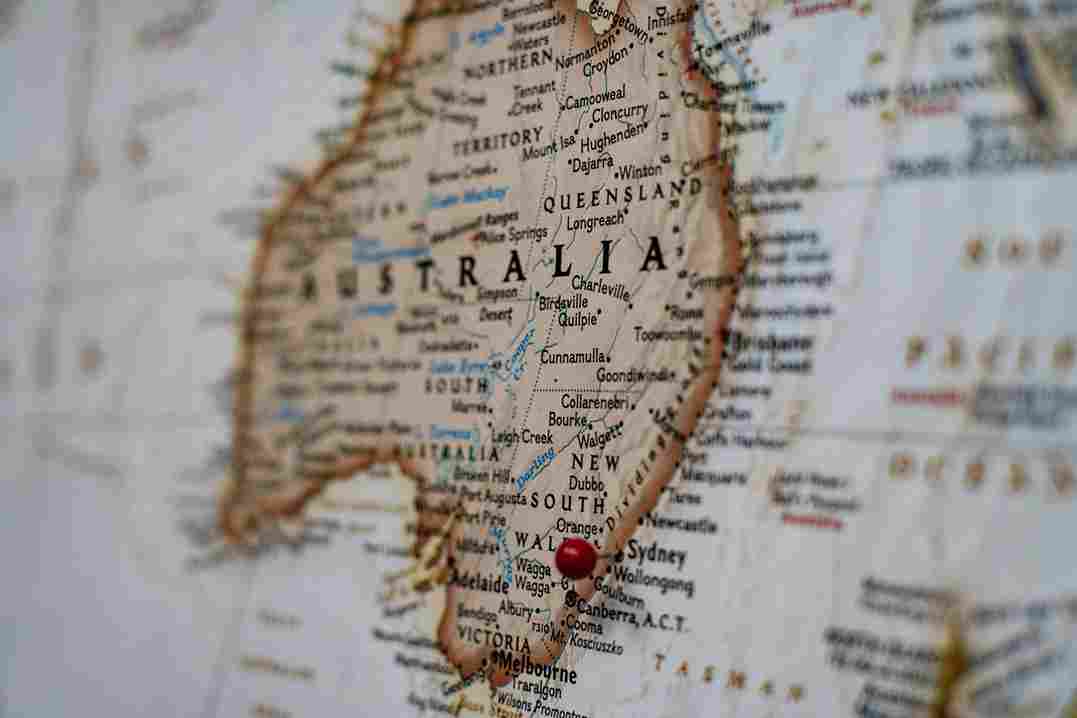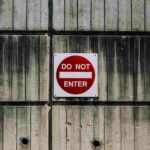This week, as we paused to remember, on the 102nd Remembrance Day, those who fell in foreign fields to defend and preserve our liberties, hopefully we also reflected on a great deal more.
In this year, when the world was ravaged by COVID-19, we were reminded of why we are known as The Lucky Country. As so many countries were devastated by the virus, and much of the world continues to limp on in lockdown, our blessed island nation remains relatively unscathed.
Why? It’s hard to say exactly. No doubt there’s a range of factors, our relative isolation from the rest of the world the obvious one. But just as important, perhaps, was the decisive intervention of our Federal, State and Territory governments and, no less important than that, the willingness of the Australian populace to toe the party line.
Following the rules is something we seem to do well in Australia, even sometimes to our detriment. For Aussies, government regulation has been a way of life ever since the First Fleet arrived. We don’t make a fuss when we’re told we can’t ride a bike without wearing a helmet, drink a beer in the street, or stay out at a nightclub too late. When the Government tells us to jump, our only question is usually “How high?” And that approach undoubtedly has stood us in very good stead in dealing with this year’s pandemic. Interestingly, countries like Japan and South Korea, that seem to have similar attitudes towards regulating their citizens, also found considerable success in containing the virus, whilst nations historically considered averse to close government intervention, like the United States, have struggled to impose even moderate measures to safeguard their citizens.
But whilst the pandemic has no doubt demonstrated how our relaxed attitude to Government intrusion can work in our collective favour, it should also serve as a timely reminder of how readily we are prepared to surrender our civil and personal rights in the face of crisis.
I was reminded of that fact in reading the recent comments of former British Supreme Court Justice Jonathan Sumption. Lord Sumption was critical of the UK government’s ‘cavalier use of coercive powers’ in handling the pandemic, and the country’s consequential ‘loss of freedom,’ noting that “the ease with which people could be terrorised into surrendering basic freedoms which are fundamental to our existence came as a shock…”
Whether or not one accepts his Lordship’s criticism, it is surely one worthy of timely and reasoned reflection, particularly given the 20th century experience of civil safeguards so meekly surrendered in the face of perceived crisis or threat, be it from Bolsheviks, anarchists, unionists, communists, Zionists, Islamists and immigrants. In times of crisis, Governments will often move to curtail people’s rights in the name of protecting them and, faced with fear and uncertainty, many are naturally inclined not to so much as bat an eyelid to that process. But sometimes, years later, they wake up to find themselves stranded a long way down a road they had never intended to follow, just as many did after World War II, in the wake of European fascism.
Perhaps this week, as we rightfully rejoice on all that has made our country so lucky, and remember the sacrifices that give cause to our annual celebration of Remembrance Day, it is especially wise to reflect on that history.













